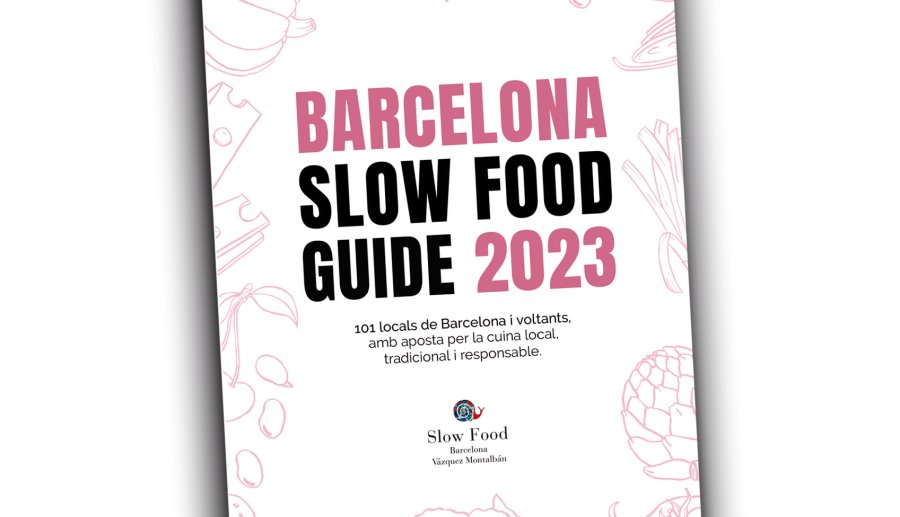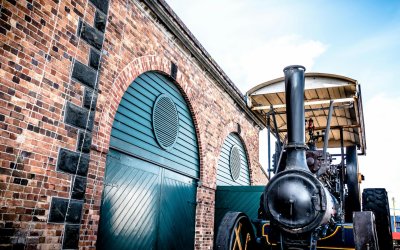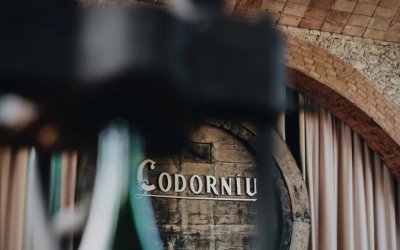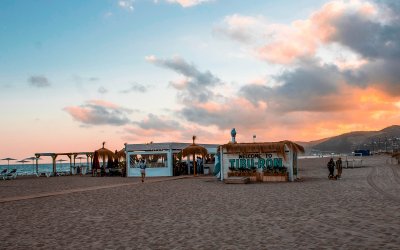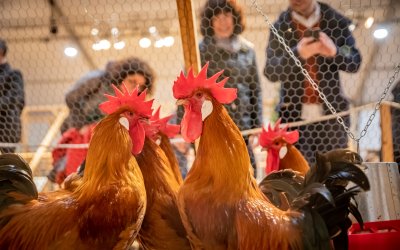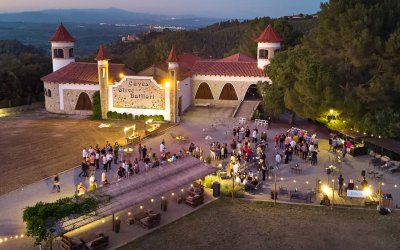Resilient local food sourcing systems are the only guarantee that we can continue eating quality products. This is the guiding principle behind Slow Food Barcelona. The Slow Food organisation was founded in Italy in the mid-1980s and has become a standard-bearer of the global food sovereignty movement.
Slow Food emerged from a Roman culinary society that was outraged when a fast food restaurant wanted to open in the Piazza di Spagna. Now, nearly two decades later, it has become a grassroots movement with branches all around the world, including Barcelona, where it has gained a large following.
One of its most representative projects is the Arca del Gust, a compilation of traditional foods that at certain points have been at risk of extinction, but which have been saved thanks to the commitment of producers: mongeta de ganxet beans, espigall heirloom kale from the Garraf region, mandó tomato from the Collserola range, and many others.
The secret to preserving all these products is the involvement of farmers and chefs, in partnership with the responsible restaurant industry, which has been key in highlighting these products to make them the stars of the menu. Thanks to these chefs, farmers have a platform to promote these varieties.
Food with its own personality
The goal of the movement is to fight single-crop farming and the overuse of pesticides. One example of the wide range of varieties Slow Food promotes are Biolord apples from the Solsonès region, an ugly little mountain apple speckled with dots resulting from the plant’s natural fight against parasites. Thanks to farmers forming cooperatives, these apples are now on the market.
They also participate in the Mercat de la Terra, another one of Slow Food Barcelona’s major projects, which will be celebrating its tenth anniversary in 2025. This local producers’ market takes place every Saturday at the Tres Xemeneies and features around 20 stands offering local products at highly reasonable prices.
In addition to providing an outlet for local produce, they also campaign for special regulations for family farms that take into account the fragility of organic produce and are different from the regulations that apply to municipal markets.
Their activism takes the form of festive events such as barbecues; carxofades, or artichoke fests; and calçotades, a traditional Catalan culinary gathering featuring calçots, a kind of green onion. This community space has become a key part of neighbourhood life and also seeks to attract tourists and residents of other areas.
Finally, the organisation’s third major initiative is the Barcelona Slow Food Guide, which promotes approximately a hundred city establishments that are committed to local food sourcing. From poke spots to brunch places, pizzerias, traditional cuisine... What all these restaurants have in common is their commitment to sustainability both in terms of local food and in taking care of their staff.
In short, Slow Food Barcelona is the local branch of a global movement promoting food sovereignty in collaboration with other organisations, proving that it’s possible to be organic, competitive and modern all at the same time.
